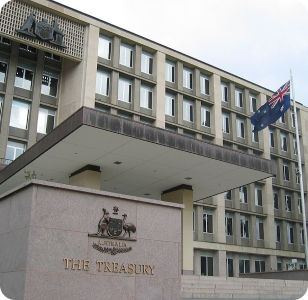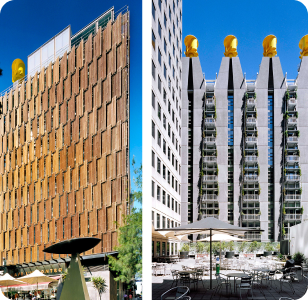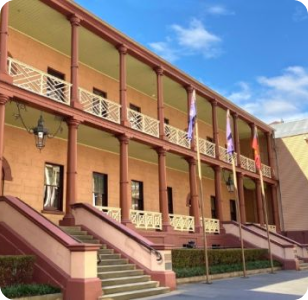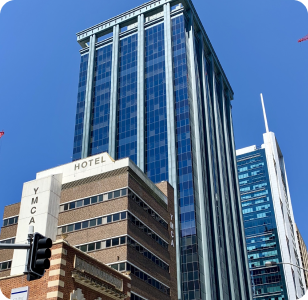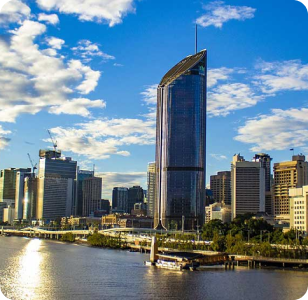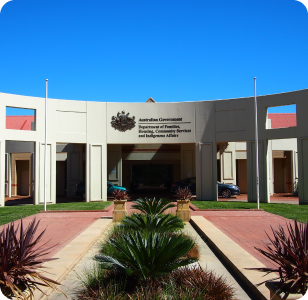
Transforming public decision-making with AI and Collective Intelligence
Governments today face unprecedented challenges—from policy innovation to public engagement in a fast-changing world. Mindhive empowers agencies to think faster, collaborate smarter, and act with confidence using AI-enhanced collective intelligence.
Why Governments Choose Mindhive
AI-powered collaboration
Scale expertise across departments & stakeholders
Faster policy innovation
Generate, test, and refine ideas at speed
Cost-effective insights
Reduce reliance on high-cost consultancy models
Better public engagement
Tap into diverse perspectives & expertise
Secure & compliant
Enterprise-grade security & data protection
Use cases
Policy Development & Consultation
Streamline public sector innovation with AI-enhanced engagement.
Crisis Response & Scenario Planning
Leverage collective intelligence to navigate emergencies.
Service Design & Delivery
Optimise government services with real-time insights.
Regulatory Innovation
Identify trends, test frameworks, and enhance compliance strategies.
Interagency Collaboration
Break silos and improve cross-departmental decision-making.
Real-World Impact
Mindhive is already powering AI-driven decision-making across federal, state, and local government agencies, helping leaders accelerate impact and improve public service outcomes.

Explore Our Case Studies
AI doesn’t replace people—it amplifies them.
Real-World Results:
How Mindhive Transforms AgTech,
Governance & Business.
Mindhive’s AI-powered platform drives real impact across industries. Governments, businesses, and organisations use Mindhive to:
Accelerate AgTech advancements
Improve governance processes
Understand small business needs
Download real-world case studies below and see Mindhive in action.
“It will enable us to … put out a policy challenge, or an idea or a problem, and a whole bunch of experts from outside the public service can comment on it … and that way no one’s at any risk if someone says something more adventurous”
— Renee Leon, Past-Secretary, Department of Employment
How Department of Social Services Scaled Policy Innovation with Mindhive
Engaging 2,200+ Staff in Smarter Policy Decisions
DSS needed a faster, smarter way to engage its staff for policy innovation.
With 2,200+ staff collaborating on Mindhive, they unlocked:

Diverse expertise
Mining knowledge across levels & locations

Smarter decision-making
Solving big policy challenges in real-time

Cross-sector conversations
Connecting with academia, NGOs & private industry
“Mindhive allows policy makers to ask anyone—anywhere—for insights they wouldn’t otherwise have.” – DSS
How NRMA Used Mindhive to Rethink Infrastructure Funding
Mindhive in Action:
NRMA needed bold, new solutions for infrastructure investment.
With Mindhive, a global network of experts came together—fast.

Crowdsourced insights from top minds in infrastructure & finance

Generated a report with long-term funding solutions

Drove a smarter, cost-effective conversation on public-private investment
“Mindhive delivered the innovative thinking NRMA needed to shake up the infrastructure discussion.”
Australian Treasury used Mindhive to seek new and disruptive ideas on how product safety regulation can meet its policy objectives.

Queensland Government Transforms Transport Policy with Mindhive.
Current issue:
The personalised transport industry in Queensland faced rapid changes due to technology, evolving business models, and shifting customer expectations. The government needed a way to engage a broad range of stakeholders and develop a reform strategy that balanced accessibility, safety, and innovation.
The Mindhive Solution:
To tackle this challenge, the Opportunities for Personalised Transport Review (OPT Review) Taskforce used Mindhive to gather insights from key stakeholders, industry operators, and the public. The collaborative discussions led to data-driven recommendations that informed the government’s policy direction.
Impact & Results:

1,200+ stakeholders engaged in a structured consultation process

Faster decision-making through digital collaboration

Improved access and regulatory clarity for industry and consumers

Adoption of alternative reform models based on public and expert insights
The Queensland Government approved and implemented the revised transport reform measures based on Mindhive-facilitated recommendations. This process set a benchmark for digital public consultation and policy innovation.
“We’ve been using Mindhive to get out to small businesses broadly to be able to put ideas on the table.”
The Office of the Australian Small Business and Family Enterprise Ombudsman
“I was amazed at the response! There was such a cross-section of people who had thoughts about the question I posed, and some really rich and interesting ideas that I could use to seek the views of particular sub-groups in the community. Thank you Mindhive for a great way to get me started on the journey of consulting with the community.”
Anne Edwards - Director, Strategic Policy and Legal Services Queensland Department of Justice and Attorney-General
“Mindhive represents an easy way to collect a wealth of policy and programme knowledge from DSS staff with a wider range of backgrounds and experiences than would otherwise be available. It allows policy makers and programme designers to ask anyone, regardless of their level, role or location, for feedback to gain the most insightful, innovative and broad range of policy advice available. It also facilitates conversations with people in other government agencies, academia, the not-for-profit sector and the private sector that would otherwise be impossible.”
Representative, Department of Social Services, Australia
Western Australia Department of Mines and Petroleum used Mindhive to seek stakeholders on social and environmental responsibilities engagement in understanding the role of government.
Transforming Public Services
with AI-Powered Collaboration
Execute Solutions with Mindhive
Collaborate. Innovate. Transform Public Services.
Government agencies across Australia are leveraging Mindhive’s collective intelligence platform to tackle complex societal issues. Here’s how they’re using AI-enhanced collaboration to drive real impact.
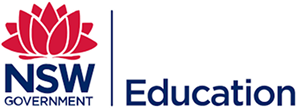
New South Wales Department of Education
Enhancing Learning Systems with Collaboration
The NSW Department of Education is using Mindhive to advance teaching beyond the classroom. By integrating collaborative tools, educators can:

Track best practices in teaching innovation

Develop initiatives that enhance student engagement

Connect with education experts to shape the future of learning
Impact: A more dynamic and scalable knowledge-sharing ecosystem for teachers and learning leaders.
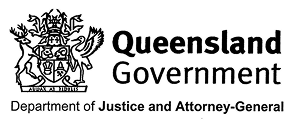
Queensland Department of Justice & Attorney-General (Q-DJAG)
Innovating Youth Justice Solutions
Mindhive was engaged to explore solutions to youth offending, balancing:

The disadvantage faced by at-risk youth

The legal and social consequences of offending

The need for cross-sector collaboration
Outcome: Increased capability for the youth justice community to co-create policy solutions with experts.

Sentencing Council of Queensland
Redesigning Sentencing Models Through Open Consultation
The re-establishment of the Sentencing Council was directly informed by Mindhive insights, allowing:

Alternative sentencing models to be explored

Global expertise to shape policy (from Scotland to Chinchilla)

More transparent & engaged community discussions
Impact: A more inclusive, data-driven approach to justice reform.

The Future of Youth & Education on Mindhive
The potential of Mindhive as a national youth & education marketplace is limitless:

Enable students & young leaders to engage in real-world problem-solving

Create open access to insights & collaboration for schools and community programs

Support innovation in education policy, student well-being, and beyond
Ready to co-create solutions?
Join Government Leaders Using Mindhive to Shape the Future
Leverage AI-powered collaboration to solve challenges faster, smarter, and at scale.







